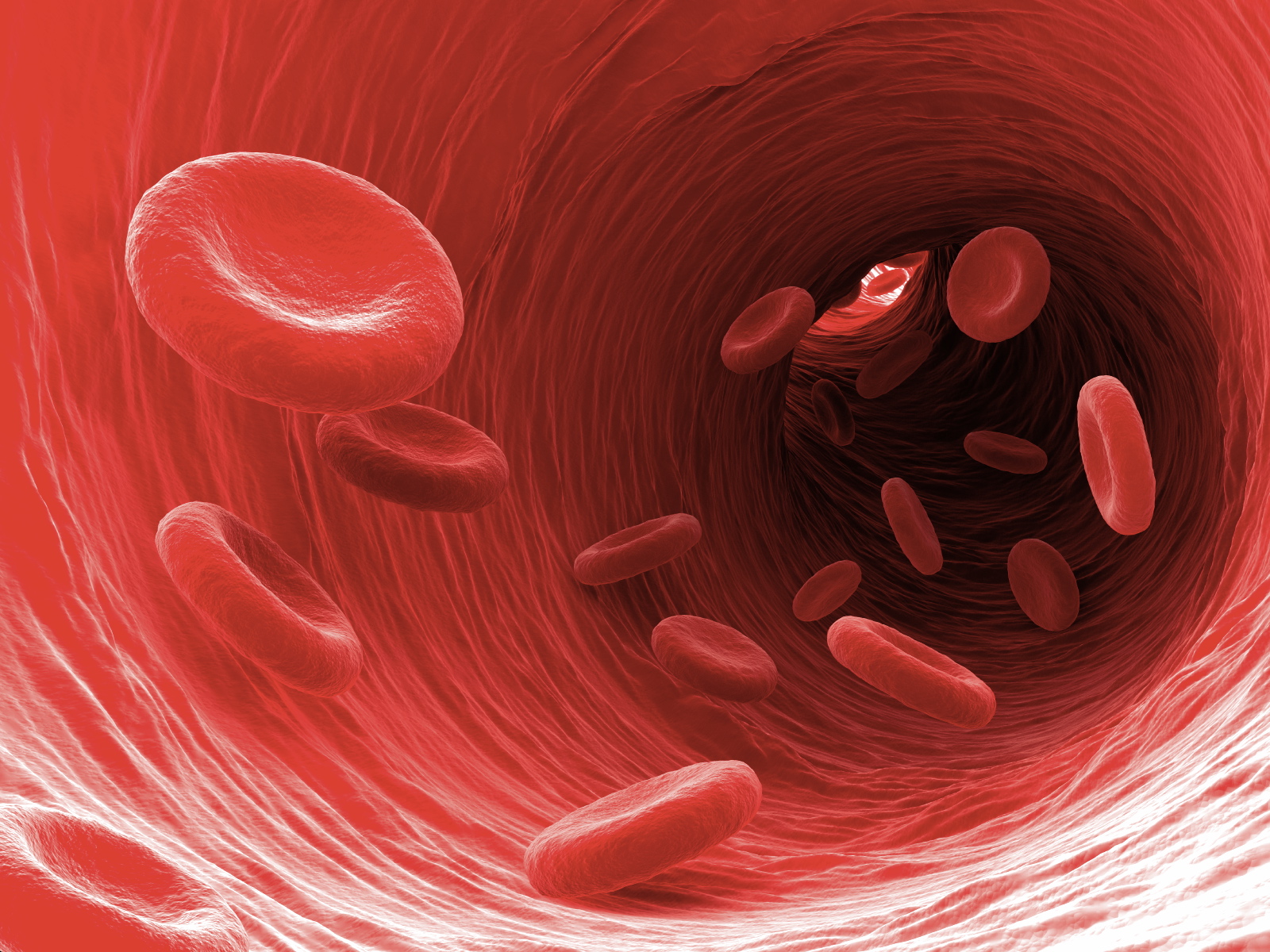
Israeli scientists have advanced the research into breast cancer by producing the world’s first preventative drug designed to stop tumours from causing secondary cancer.
Researchers from Bar-Ilan University believe the active ingredient has shown more than 90% effectiveness in mice. The research team produced a peptide, a chain of amino acids, made to stop cancer cells from entering the blood, stopping them from moving around the body.
The new molecular blocker halts breast cancer metastasis through a combination of cellular and structural biology.
An estimated 90% of deaths from breast cancer are due to complications resulting from metastasis, a process in which cancer cells break away from where they first formed, travel through the blood and form new, metastatic tumours in other parts of the body.
The study’s co-author, Dr. Hava Gil-Hen, said: “We were very excited to see that the idea to use the Pyk2-binding motif to cortactin as an inhibitor for invadopodia worked in vivo quite well. This served to prove the clinical potential of inhibiting the newly-discovered interaction.”
The research was funded by the Israel Cancer Research Fund and the Israel Cancer Association, with grants from the Israel Science Foundation.
Professor Jordan Chill, one of the recipients of the grant, said: “The process of developing a successful drug from an inhibiting peptide is extremely demanding and is almost impossible to complete without a structural view of the complex between the peptide and its target, in this case cortactin.” The Professor is a specialist in determining the three-dimensional structure of proteins.
